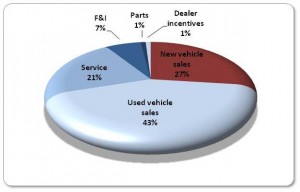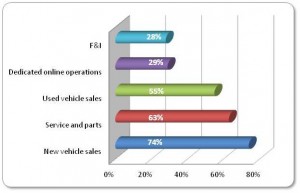
Service Technician Develops a Robust Method to Reduce No Fault Found Rates in PCBs
No Fault Found (NFF) is a notoriously difficult problem. Also referred to as no trouble found (NTF) and no problem found (NPF), the term and associated metrics are used to describe a phenomenon where a service technician replaces a part in order to repair a failed piece of equipment. When the part is returned to the factory for quality analysis or for repair and re-certification, diagnostic tests do not detect any problem.
The rate of No Fault Found parts can be quite high. For example, in a study I conducted several years ago, I found that the average no-fault-found in consumer electronics rate was between 15% and 20%. This is an average across many products and replacement parts. When examining NFF by part and failure modes, the situation is often much graver. For example, I witnessed NFF in excess of 70% in certain avionics and automotive electronic parts. Read More


